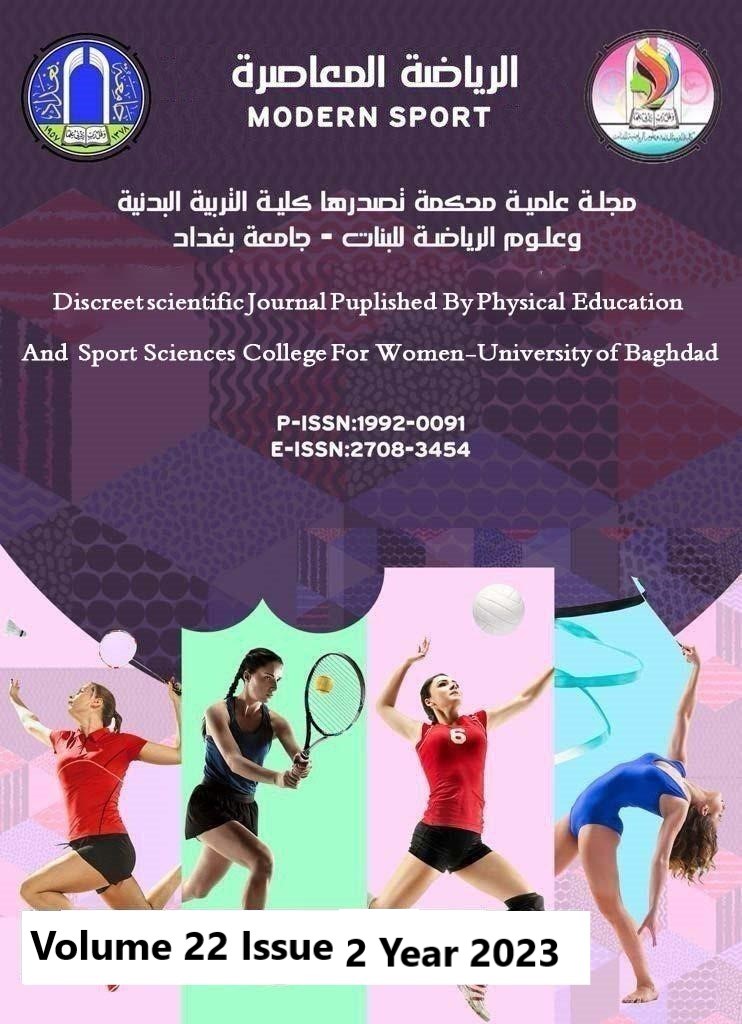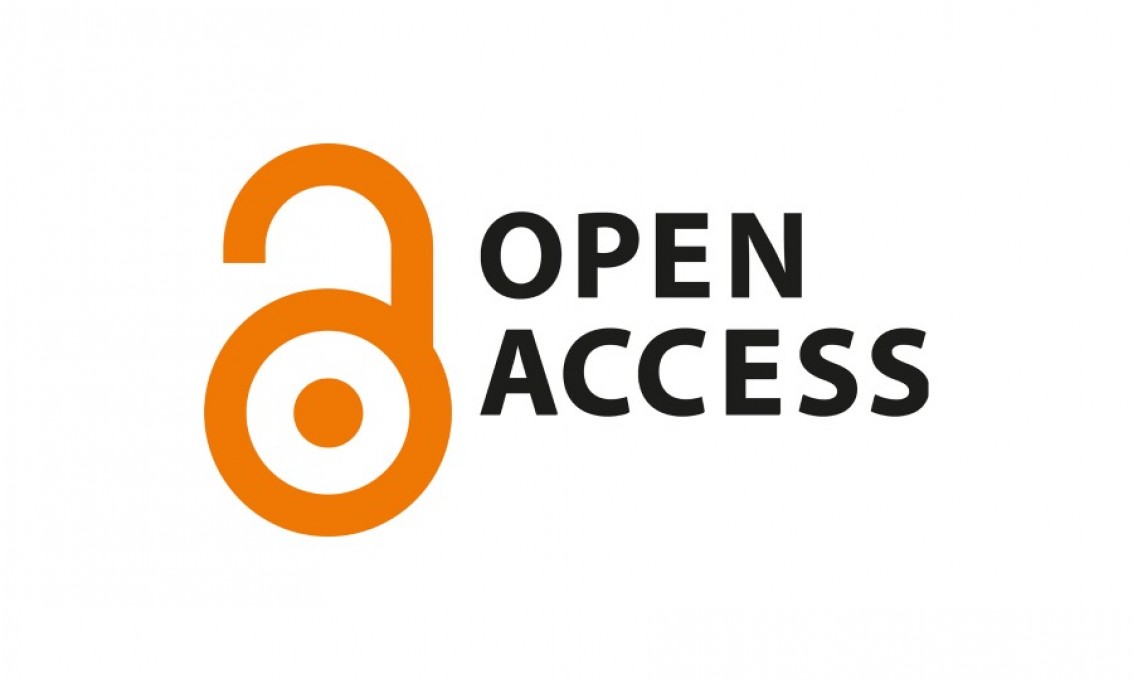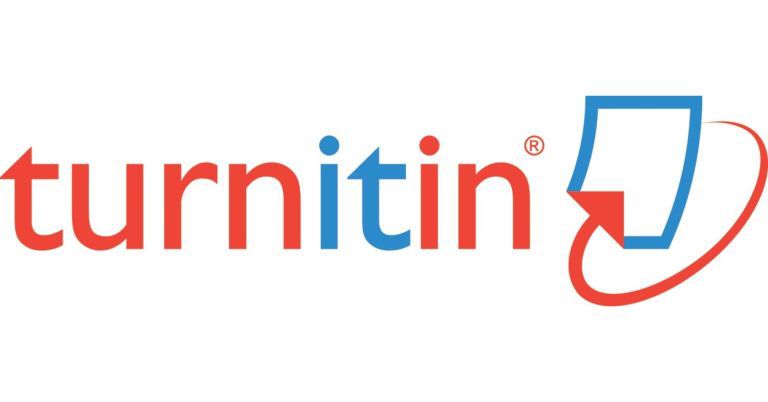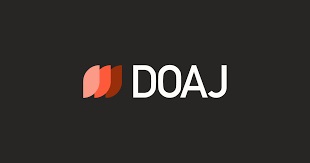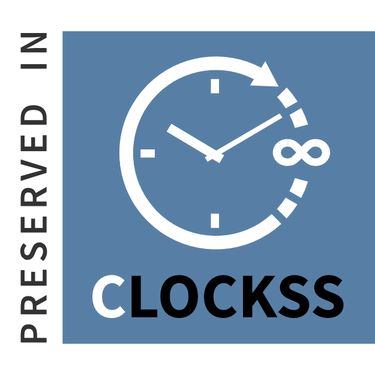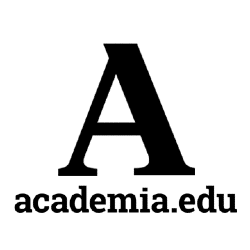Building and codifying the servant leadership scale for secondary school principals from the point of view of teachers of physical education
DOI:
https://doi.org/10.54702/ms.v22i2.1105Keywords:
Servant leadershipAbstract
Educational institutions face challenges and pressures due to the rapid progress in the scientific and technical fields, which is a feature of our time, which made the director of the institution search for modern methods and new methods of management to lead and manage the institution, including servant leadership. It has an impact on the outcomes of the educational process. As for the problem of the research, it became apparent after the two researchers directed a questionnaire to a number of teachers of physical education in order to know the reasons that hinder sports activities. Increasing sports activities, so the two researchers wanted to know the reality of the servant leadership of school principals from the point of view of teachers of physical education, and the aim of the current research is: to identify the statistical description of servant leadership of secondary school principals from the point of view of physical education teachers. The two researchers used the descriptive approach in the manner of surveys, correlational studies, and predictive studies due to its suitability to the nature of the problem, and the research sample consisted of (102) male and female teachers. And (46) paragraphs, and the two researchers applied the scale with the help of the assistant work team, and the two researchers concluded that secondary school principals outperform school principals in the servant leadership style. others and vision) and in varying proportions. It was also concluded that the principals of secondary schools possess the style of servant leadership. The two researchers recommended the need to pay attention to the establishment of administrative courses for school principals to develop the style of servant leadership and conduct similar studies dealing with principals of secondary schools. They also recommended conducting a study to find out the relationship of servant leadership with other variables such as administrative intelligence and decision-making
References
Jawoosh, H. N., Hatem, A. D., & ABDUL RAZAK, M. (2021). Leadership theories in management and psychologist educational filed. Modern Sport, 20(2). P:109 https://doi.org/10.54702/msj.2021.20.2.0109
Sultan, Ghaleb Al-Rayhani. )2012 (. The Role of Multiple Intelligences in Predicting the Leadership Style of Educational Leaders of Secondary Education Schools. The State of Kuwait, Journal of Educational and Psychological Sciences. p. 124.
Al-Obaidi, Muhammad Jassim. (2011). Psychometrics and Tests. Amman, Dar Al Thaqafa for Publishing and Distribution. p:166
Al-Smadi, Abdullah and Maher Al-Darabie. )2004(. Psychological and educational measurement and evaluation between theory and practice (1st edition). Jordan, Amman, Wael Publishing House. p.65
Kent M. Keith. (2013). Growing to Greatness through Servant Leadership. p3
Asia Fadel, & Lama Samir. (2022). Building and codifying a measure of obstacles to the application of the Athletes, Champions and Pioneers Law in Iraq. Modern Sport, 21(3), 0091. https://doi.org/10.54702/msj.2022.21.3.0091
Areej Nihad, & Israa Fouad. (2021). Creative behaviour and its relationship to the administrative leadership of secondary school principals in the second Karkh district in Baghdad governorate. Modern Sport, 20(4), 0075. https://doi.org/10.54702/msj.2021.20.4.0075
Muhammad Abdul-Jabbar Yahya, & Ahmed Raad. (2021). Building a measure of institutional excellence for Iraqi sports clubs. Modern Sport, 20(1), 0075. https://doi.org/10.54702/msj.2021.20.1.0075
Haider Muhammad Musleh. (2021). Transformational leadership and its relationship to creative abilities and empowerment of fencing coaches in the Iraqi governorates. Modern Sport, 20(1), 0056. https://doi.org/10.54702/msj.2021.20.1.0056
Mustafa hameed hussein. (2021). Strategic direction and its impact in the areas of strategic change of sports institutions in Iraq. Modern Sport, 20(1), 0001. https://doi.org/10.54702/msj.2021.20.1.0001
Hayder Nazar, Abeer Dakhil, Muhammed Asim Muhammed, & Mazin Hadi Gizar. (2022). Using Artificial intelligence to evaluate skill performance of some karate skills. Modern Sport, 21(1), 0001. https://doi.org/10.54702/msj.2022.21.1.0001
Nour Naseer Hadi, & Huda Shehab. (2022). The effectiveness of decision-making among the heads of Iraqi Olympic committees from the viewpoint of members of sports federations. Modern Sport, 21(4), 0011.
https://doi.org/10.54702/ms.2022.21.4.0011
Rashid. (2022). The effect of ego strength and its relationship to the level of athletic ambition among the advanced players of some clubs in the city of Mosul. Modern Sport, 21(2), 0036.
Downloads
Published
Issue
Section
License
Copyright (c) 2023 Modern Sport

This work is licensed under a Creative Commons Attribution 4.0 International License.
